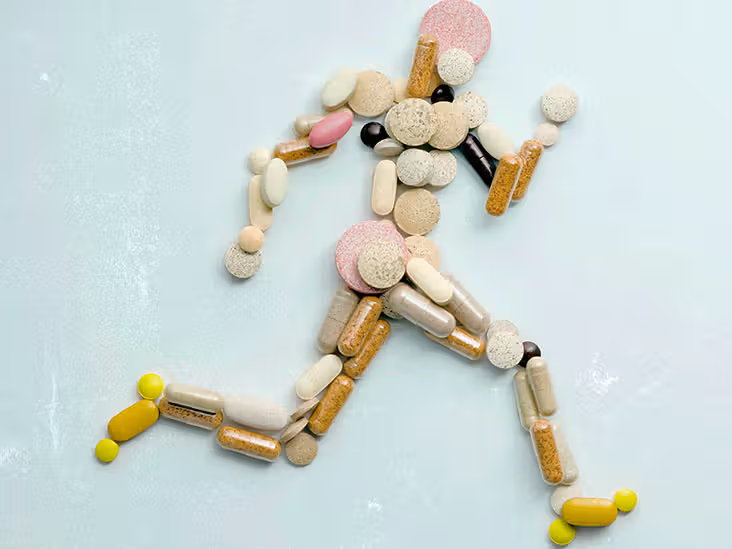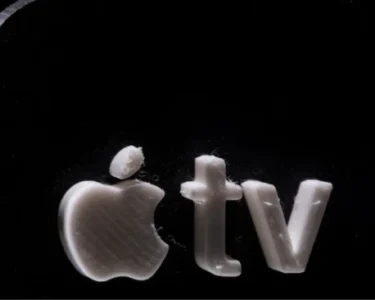High cholesterol is a major risk factor for heart disease, stroke, and other cardiovascular issues. While diet, exercise, and medication are the primary treatments, certain supplements can support cholesterol management naturally. These supplements work by lowering LDL (low-density lipoprotein, often called “bad cholesterol”), raising HDL (high-density lipoprotein, or “good cholesterol”), and improving overall lipid profiles.
Below are some of the most researched supplements that may help lower high cholesterol levels:
1. Omega-3 Fatty Acids (Fish Oil)
Omega-3 fatty acids, commonly found in fish oil, are among the most widely recommended supplements for heart health. They don’t directly lower LDL cholesterol but can reduce triglycerides, another harmful blood fat linked to heart disease. Omega-3s also help raise HDL cholesterol and decrease inflammation, improving overall heart function.
- How it works: Omega-3s reduce the liver’s production of triglycerides and prevent plaque buildup in arteries.
- Dosage: Most studies suggest 1,000–4,000 mg per day of EPA and DHA combined.
- Food sources: Fatty fish like salmon, sardines, and mackerel.
- Tip: If you’re vegetarian or vegan, algae-based omega-3 supplements are a good alternative.
2. Plant Sterols and Stanols
Plant sterols and stanols are naturally occurring substances found in fruits, vegetables, nuts, and seeds. These compounds have a structure similar to cholesterol, which allows them to block cholesterol absorption in the intestines.
- How it works: They compete with dietary cholesterol for absorption, reducing the amount that enters your bloodstream.
- Dosage: 2 grams per day can lower LDL cholesterol by about 10%.
- Sources: Fortified margarines, yogurts, and dietary supplements.
- Note: They are most effective when combined with a heart-healthy diet.
3. Soluble Fiber (Psyllium Husk)
Soluble fiber supplements, such as psyllium husk, are known for their ability to lower cholesterol. Soluble fiber binds to cholesterol in the digestive tract, preventing it from being absorbed into the bloodstream.
- How it works: Helps remove cholesterol from the body through the digestive process.
- Dosage: 10–12 grams of soluble fiber per day can reduce LDL cholesterol by 5–10%.
- Sources: Oats, beans, apples, and psyllium-based supplements like Metamucil.
4. Niacin (Vitamin B3)
Niacin is a B vitamin that can increase HDL cholesterol while lowering LDL and triglycerides. It has been used for decades as part of cholesterol management, but it should be taken with caution under medical supervision.
- How it works: Improves lipid metabolism and reduces the liver’s production of LDL and VLDL particles.
- Dosage: 1,000–2,000 mg daily in extended-release form, as prescribed.
- Warning: High doses can cause flushing, liver issues, and other side effects, so medical guidance is essential.
5. Red Yeast Rice
Red yeast rice is a traditional Chinese supplement made by fermenting rice with a specific type of yeast. It naturally contains compounds similar to statins (cholesterol-lowering drugs), making it one of the most effective natural options for reducing LDL cholesterol.
- How it works: Inhibits cholesterol production in the liver, similar to prescription statins.
- Dosage: 1,200–2,400 mg per day.
- Caution: Since it acts like a statin, it can have similar side effects (muscle pain, liver issues). Use only under professional guidance.
6. Coenzyme Q10 (CoQ10)
CoQ10 doesn’t directly lower cholesterol, but it’s often recommended for people taking statins, as these drugs can reduce CoQ10 levels and cause muscle pain. Supplementing with CoQ10 may reduce these side effects and support heart health.
- How it works: Acts as an antioxidant and supports energy production in cells.
- Dosage: 100–200 mg daily.
- Best for: Individuals on cholesterol-lowering medication.
7. Garlic Supplements
Garlic has been studied for its cholesterol-lowering effects. While results are mixed, some studies show that garlic can modestly reduce total and LDL cholesterol.
- How it works: May reduce cholesterol synthesis in the liver.
- Dosage: 600–1,200 mg of aged garlic extract daily.
- Tip: Fresh garlic in meals also offers heart health benefits.
Important Considerations
- Consult Your Doctor: Supplements should not replace prescribed medications or lifestyle changes. Always talk to your healthcare provider before starting any supplement, especially if you are taking other medications.
- Quality Matters: Choose reputable brands tested for purity and potency.
- Combine with Lifestyle Changes: Supplements work best alongside a healthy diet, regular exercise, and weight management.
Conclusion
Managing high cholesterol naturally can be supported with the right supplements, such as omega-3 fatty acids, plant sterols, psyllium fiber, niacin, and red yeast rice. However, supplements are most effective when combined with lifestyle changes and medical advice. Taking a holistic approach—balanced diet, regular activity, and proper supplementation—can significantly improve heart health and lower the risk of cardiovascular disease.
Do Follow Us Instagram







